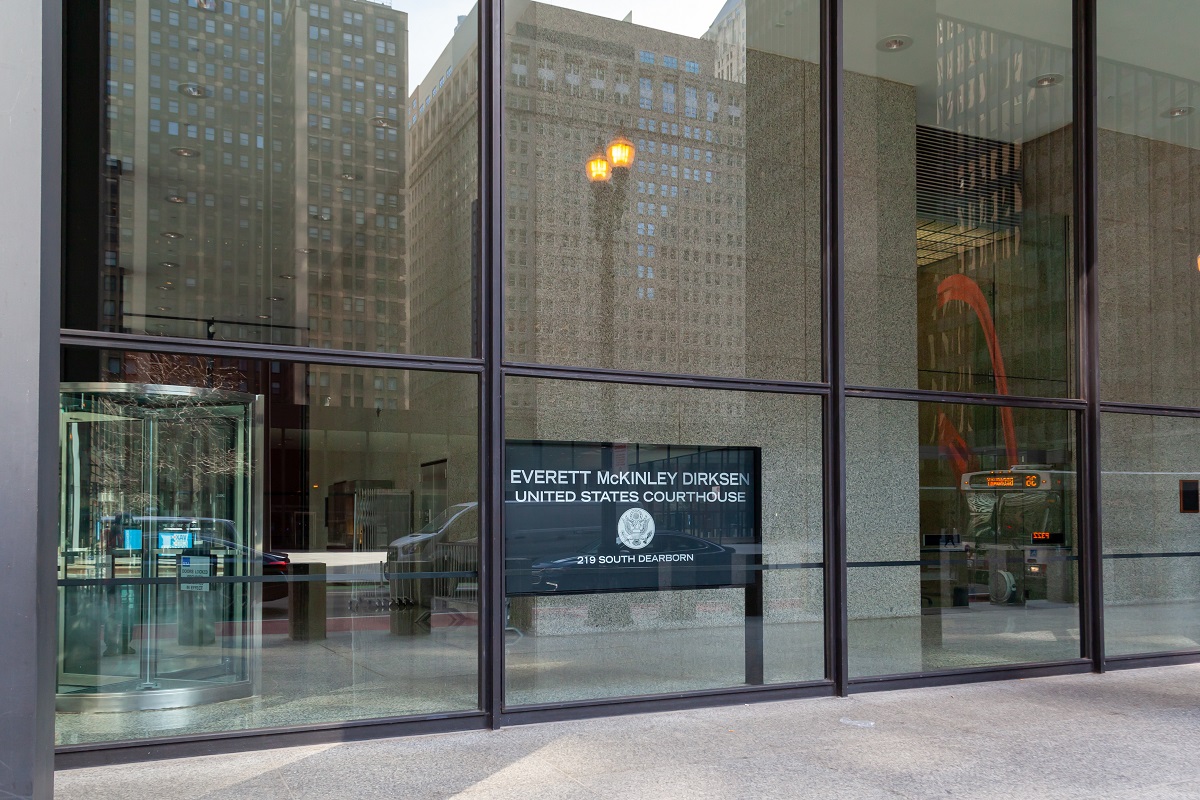In an action by Cook County, Illinois against various lenders for alleged increased expenses supposedly arising from heightened default rates, in which the County asserted that the lenders engaged in an “integrated equity-stripping scheme," the U.S. Court of Appeals for the Seventh Circuit recently affirmed a summary judgment ruling in favor of the defendant banks.
The U.S. Court of Appeals for the Seventh Circuit recently affirmed the dismissal of a debtor’s federal Fair Debt Collection Practices Act lawsuit for lack of Article III standing. In so ruling, the Seventh Circuit held that the debtor’s hiring an attorney and paying an appearance fee, as well as alleged confusion, lost sleep, and emotional distress, were not sufficient to meet the requirements of standing.
The U.S. Court of Appeals for the Ninth Circuit recently affirmed a trial court’s dismissal of a putative class action brought under the federal Telephone Consumer Protection Act. In so ruling, the Ninth Circuit held that the text messages at issue did not use “prerecorded voices” under the TCPA because they did not include audible components.
In an appeal involving a Chapter 12 bankruptcy, the U.S. Court of Appeals for the Eighth Circuit recently affirmed that the borrower’s use of the 20-year treasury bond rate sufficiently ensured that the total present value of future payments to the lender over the plan period equaled or exceeded the allowed value of the claim.
The U.S. Court of Appeals for the Ninth Circuit recently reversed a trial court’s $1.7 million attorney fee award to plaintiffs' counsel in a class action because the fee award was not proportional to the amount recovered by the class members.
The U.S. Court of Appeals for the Eighth Circuit recently held that the court, and not an arbitrator, must decide whether the defendant real estate brokers could enforce the arbitration agreements at issue against unnamed class members.
The Illinois Supreme Court, after receiving a certified question from the U.S. Court of Appeals for the Seventh Circuit, recently held that a separate claim accrues under the Illinois Biometric Information Privacy Act each time a private entity improperly scans or transmits an individual’s biometric identifier or information.
The U.S. Court of Appeals for the Ninth Circuit recently held that it could sua sponte question a defendant’s assertions of jurisdiction under the federal Class Action Fairness Act, and that the record did not sufficiently demonstrate that CAFA’s amount-in-controversy requirement was met here because the requisite $5 million amount was not evident from the face of the complaint nor the defendant’s notice of removal and supporting declaration.
Oregon Gov. Tina Kotek has signed into law Senate Bill 619, making Oregon the 11th state to enact a comprehensive consumer data privacy law, following California, Virginia, Colorado, Utah, Connecticut, Iowa, Indiana, Tennessee, Montana, and Texas. The Act will go into effect July 1, 2024.
The U.S. Court of Appeals for the Second Circuit recently vacated a trial court’s summary judgment in favor of a credit reporting agency in a lawsuit alleging violations of the federal Fair Credit Reporting Act in connection with the reporting of a “balloon payment” that was not in fact required.
The U.S. Court of Appeals for the Seventh Circuit recently affirmed a summary judgment ruling in favor of a mortgage loan servicer and held that no reasonable jury could find that the servicer provided patently incorrect or materially misleading information sufficient to support a claim under Section 1681s-2(b) of the federal Fair Credit Reporting Act.
The U.S. Court of Appeals for the Ninth Circuit recently held that the owner and subscriber of a phone number listed on the Do Not Call Registry suffered an injury in fact sufficient to confer Article III standing when unwanted text messages were sent to the number in alleged violation of the Telephone Consumer Protection Act, even when the owner and subscriber was not the actual user of the phone.












